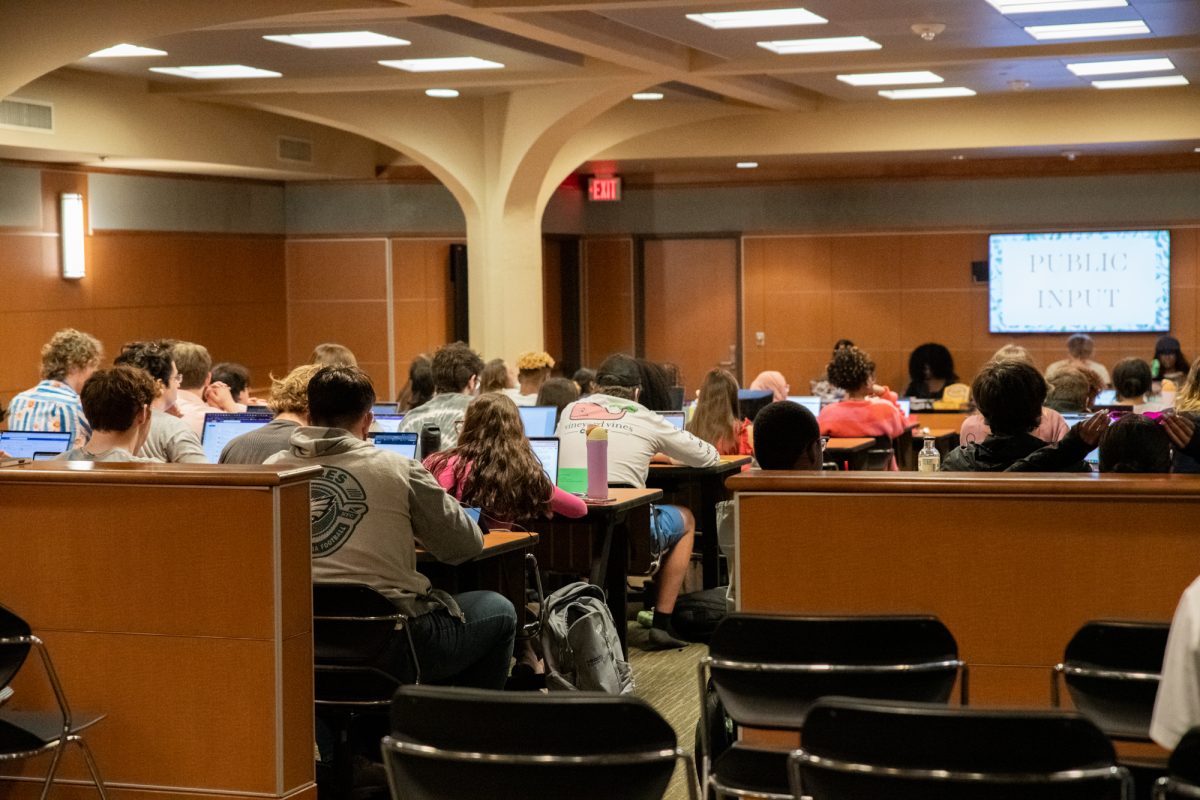LSU Student Government released its annual Higher Education Report Card July 17. The report card grades state legislators on how they voted for or against bills involving higher education.
The decision to publish an annual report card came in 2015, after the state had drastically cut funding for higher education on multiple occasions.
The report card focused primarily on legislation involving TOPS and a bill proposing renovations to buildings on campus such as the Huey P. Long Fieldhouse, Patrick F. Taylor Hall and the iconic Memorial Tower.
SG president Jason Badeaux said the grading process is an objective one, relying strictly on which way a legislator voted or if they did not vote on a proposed bill centered around higher education.
“All we are doing is evaluating whether you voted with higher education or you did not vote with higher education,” Badeaux said. “We counted vote with us as positive points, a vote against us as zero points, and an absence counted as a vote against for zero points as well.”
Badeaux said that while the criteria of the grading system was based on the vote of the bill, SG decided which bills would have a positive and negative effect on higher education. The bills were then assigned a point value from one to five and added together for each legislator based on their votes. The total amount of points were then transferred into a percentage related to a 10-point grading scale.
One of the biggest disparities in this year’s report card compared to last year’s was state Rep. Walt Leger, D-New Orleans. Leger, the current Speaker Pro Tempore of the House, a member of the House Education Committee and the once-favored Speaker of the House candidate of Gov. John Bel Edwards, saw his grade drop from 107 percent in 2016 to 70 percent in 2017.
In the House, Rep. Julie Stokes, R-Kenner rose 17 percent to a grade of 87 percent this year. Her grade increase was countered by Rep. Bob Hensgens, R-Abbeville. After being one of the lowest graded representatives in 2016 with a score of 31 percent, Hensgens’ grade of 13 percent was the lowest of any state legislator in 2017.
In the state senate, Sen. Jim Fannin, R-Jonesboro, had the highest score with a 104 percent after increasing from 87 percent in 2016. His counterpart on the Transportation, Highways and Public Works Committee Sen. Sharon Hewitt, R-Slidell, dropped from 76 percent in 2016 to 63 percent in 2017. Hewitt’s drop is notable considering she sponsored a bill creating the Louisiana STEM Advisory Council.
Some may question the drop of legislators like Leger and Hewitt, but Badeaux maintains the report has merit, and the integrity of the report is based solely on numbers.
“There [are] no subjective intentions, there [are] no speeches or flashy sayings,” Badeaux said. “All it is, is whether you voted in favor of the students and LSU.”










